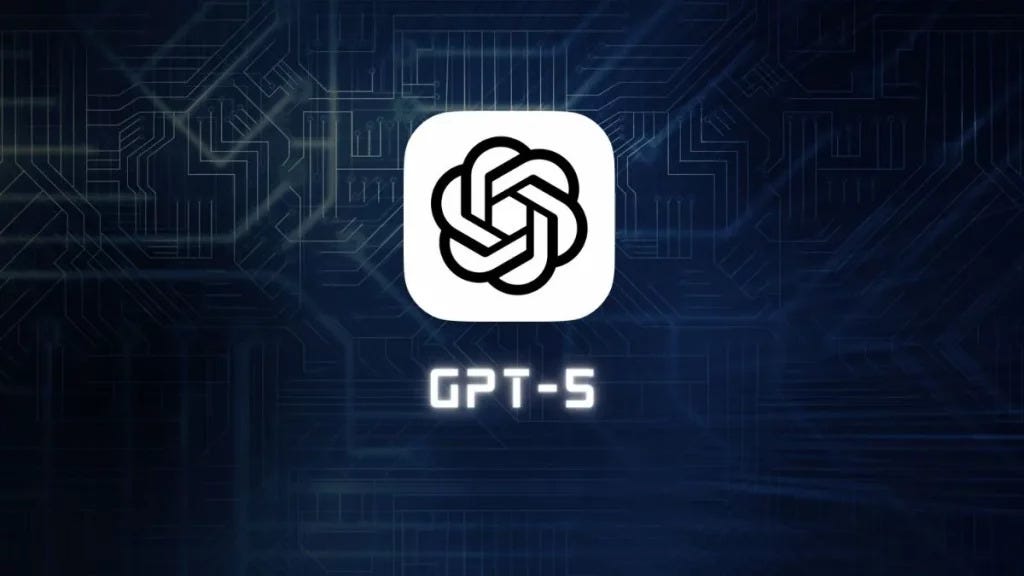San Francisco – OpenAI has officially launched GPT-5, the latest and most powerful version of its generative AI model, marking a new milestone in the evolution of artificial intelligence. The company claims that GPT-5 surpasses its predecessor in logic, reasoning, and real-time learning, while also introducing powerful multi-modal capabilities.
“GPT-5 is not just smarter, it’s more useful, safer, and more human-aligned,” said OpenAI CTO Mira Murati at the product launch event.
🔍 What’s New in GPT-5?
- Advanced Reasoning
GPT-5 is now capable of solving complex problems, writing code more efficiently, and understanding multi-step tasks with human-like reasoning. - Real-Time Learning (Memory Feature)
Unlike previous versions, GPT-5 includes a long-term memory function, allowing it to remember user preferences across conversations. - Voice & Video Integration
GPT-5 now supports live conversation, voice inputs, and even video generation, making it a true multimodal AI. - Safer & More Aligned
OpenAI reports significant improvements in safety, reducing misinformation, bias, and hallucinated facts.
🌍 Global Impact & Concerns
The release has sparked both excitement and caution. While tech leaders hail GPT-5 as a leap forward, digital rights groups warn about ethical issues surrounding deepfakes, job displacement, and AI surveillance.
Elon Musk, a former board member of OpenAI, tweeted:
“AI will define this decade. GPT-5 is just the beginning.“
📈 How This Affects You
- Students & Professionals can use GPT-5 to automate research, write papers, and boost productivity.
- Content Creators get access to AI that can generate scripts, edit videos, and even create thumbnails.
- Businesses can now use GPT-5 for customer service, email marketing, and data analysis—all in real time.
📢 Final Thoughts
As AI rapidly reshapes our world, the release of GPT-5 is a reminder that the future is arriving faster than we think. Whether a tool for good or a force for disruption, how we choose to use it will define the decade ahead.
